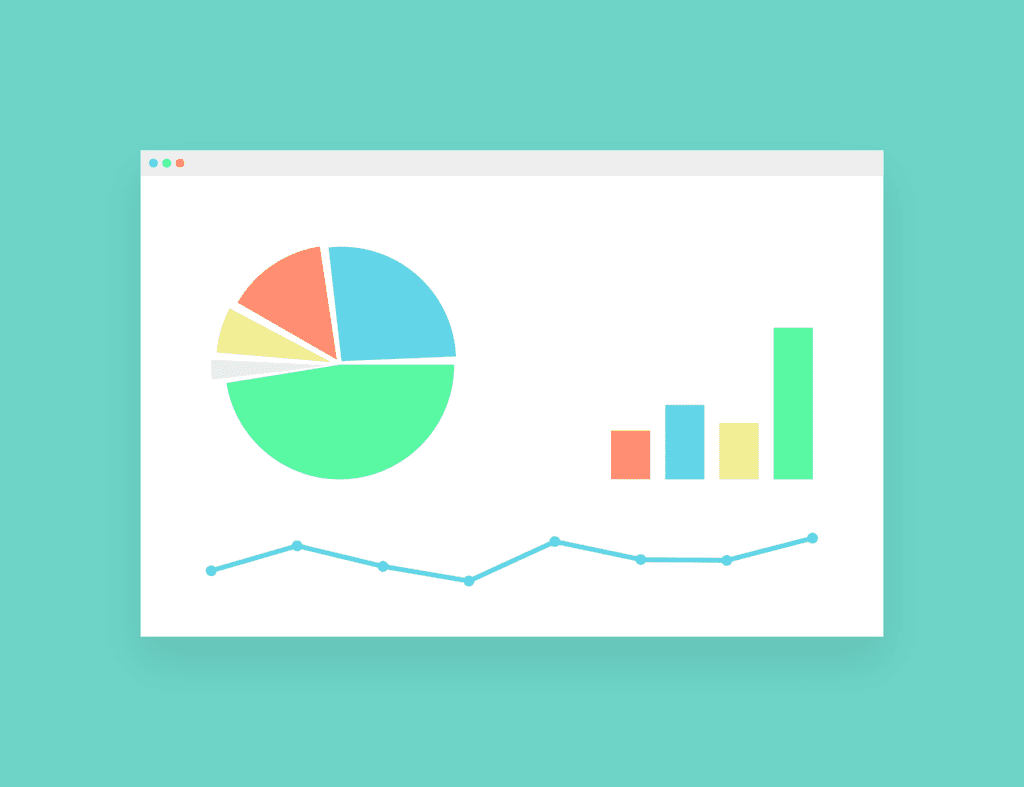| Feature | Key Takeaway | Application |
| ChatGPT Plus | An AI-powered research assistant that streamlines drafting, summarizing, translating, and managing references. | Text-based research tasks and conversational queries. |
| GPT-4 Code Interpreter (GPT Turbo) | A tool for effortless data transformation and summarization, generating code for data wrangling and visualization. | Data formatting and analysis, coding assistance. |
| Scite.ai | Provides comprehensive access to academic papers, facilitating literature reviews and research tracking. | Literature search and reference management. |
| Elicit | Transforms PDFs into interactive documents, enabling easy extraction, annotation, and organization of research papers. | Document management and information extraction. |
| LitMaps & Connected Papers | Visual tools for mapping the connections between research papers, identifying key works and research gaps. | Visual analysis of research landscapes and trends. |
Artificial intelligence (AI) is rapidly transforming academic and professional research. AI-powered tools can automate tedious tasks, uncover hidden insights, and boost productivity. This allows researchers to spend more time on high-value strategic work.
This article explores the 5 leading AI cognitive enhancements that can elevate your research game. Adopting these tools will save you time, energize your process, and uncover novel insights. Read on to learn how AI can revolutionize your research workflow.
ChatGPT Plus: Your Own Personal AI Research Assistant
ChatGPT Plus is an incredible AI tool that can simplify virtually any text-based research task. As a conversational agent, it generates written content and answers questions.

With ChatGPT Plus, you can:
- Save time drafting, summarizing, and formatting. The AI can review data and literature to create initial drafts, abstracts, and other text for you. No more wasting hours trying to synthesize mountains of information.
- Get quick answers to research questions. Ask ChatGPT Plus probing questions to gain key insights, statistics, and facts without having to dig through papers yourself.
- Simplify data analysis. ChatGPT Plus can take raw data sets and summarize findings, trends, and conclusions for you to accelerate your analysis.
- Translate text instantly. No more relying on imperfect tools like Google Translate. ChatGPT Plus allows for quick, nuanced translations between over 100 languages.
- Automate reference management. Easily format in-text citations and bibliographies in APA, MLA, Chicago, and many other styles.
The premium version of ChatGPT Plus also offers advanced features like faster response times, higher word limits, and priority access during high-traffic periods.
Unleash your productivity and get insight faster with ChatGPT Plus.
GPT-4 Code Interpreter(now in GPT Turbo): Effortless Data Wrangling
Crunching and converting datasets can be an arduous and time-consuming chore. That’s where AI data-wrangling assistants like GPT-4 come in. GPT-4 makes transforming, interpreting, and summarizing data simple.

With GPT-4 turbo, researchers can:
- Convert data formats with ease. Instantly reformat datasets into JSON, CSV, Excel, SQL, and countless other structures.
- Generate code to wrangle data. GPT-4 can write Python, R, JavaScript, and other code to merge, clean, sample, and preprocess datasets.
- Build data visualizations. Turn tabular data into plots, charts, graphs, and dashboards through auto-generated visualization code.
- Summarize findings from data. Ask GPT-4 to analyze datasets and report back on key insights, trends, and takeaways.
- Answer questions about your data. Query your data through natural language questions and get clear answers and explanations.
By handling tedious data tasks for you, GPT-4 allows researchers to focus on analyzing results and deriving insights rather than just wrangling tables.
Scite.ai: Your Gateway to Cutting-Edge Scientific Knowledge
Performing comprehensive literature reviews is critical but extremely laborious. scite.ai makes exploring existing research far easier through its massive paper database and handy research tools.
site gives you instant access to over 230 million academic papers. Researchers can:
- Find papers in seconds. Site’s powerful search retrieves papers by keyword, author, journal, and more. Easily explore related research.
- Access full texts immediately. Read, highlight, and annotate unlocked papers directly within Scite.
- Track emerging research. Use Scite’s Trends tool to identify burgeoning research areas and keep up with the latest work.
- Check citations and references. Click any citation to read the referenced paper. Effortlessly traverse the web of references between papers.
- Manage your library. Save, organize, annotate, and cite papers right within Scite to streamline your workflow.
site supercharges the literature review process, allowing researchers to capitalize on the latest science. Sign up for Scite to unlock these amazing capabilities.
Elicit: Make PDFs Interactive
Elicit is an AI web app that transforms static PDFs into rich, interactive experiences. Researchers can use Elicit to extract key information from papers, take notes, and organize documents.
With Elicit, you can:
- Pull tables and figures from papers. Instantly extract tables, images, drawings, and other elements into separate files.
- Annotate and highlight. Add annotations and highlights directly onto papers, just like you would with printed copies.
- Manage your library. Store papers in collections, add tags, search full text, and more. Say goodbye to a scattered desktop full of PDFs.
- Track key information. Clip important excerpts, data points, and definitions into your notes.
- Share and collaborate. Easily share papers, annotations, notes, and collections with colleagues.
Make your PDF research workflow more efficient and collaborative with Elicit. Sign up now for free.
LitMaps & Connected Papers: Visualize the Research Landscape
Understanding how different papers relate can provide invaluable context and direction for research. LitMaps and Connected Papers visualize paper connections to illuminate your topic’s landscape.
These tools help you:
- See paper relationships – Both tools map out papers as nodes/icons and draw lines between connected papers. Related papers cluster together.
- Identify seminal & emerging works – Influential papers stand out visually based on their number of connections. New papers are easily identifiable.
- Discover research gaps & opportunities – Open spaces between clusters reveal potential new research directions to explore.
- Track research progress – The chronological layout shows how the field has evolved and advanced over time.
- Dive deeper into topics – Click on any node/paper to instantly access the full text. Easily explore papers and connections.
LitMaps and Connected Papers turn static lists of research papers into insightful living maps of knowledge. Visualizing your field illuminates where it’s been, where it’s going, and where you can contribute.
The Future of Research is AI-Assisted
The emergence of AI tools gives researchers superpowers that enable them to achieve more in less time. By automating rote tasks, providing access to the latest discoveries, and revealing hidden insights, AI allows researchers to focus on high-value strategic work.
Experiment with the 5 cutting-edge assistants discussed here to reinvigorate your research productivity. Integrating AI tools like natural language processing algorithms and advanced knowledge graphs into your workflow will give you an edge over the competition and compete in the future of research and healthcare leadership.
We’ve only scratched the surface of what’s possible. Share your experiences with research AI tools in the comments below or on social media using #ResearchAI. Let’s work together to push the boundaries of human knowledge and creativity!









